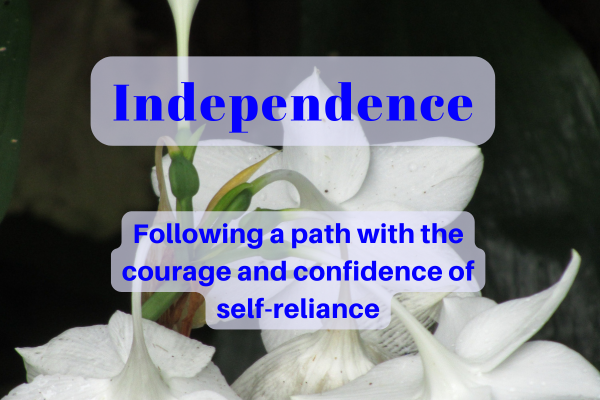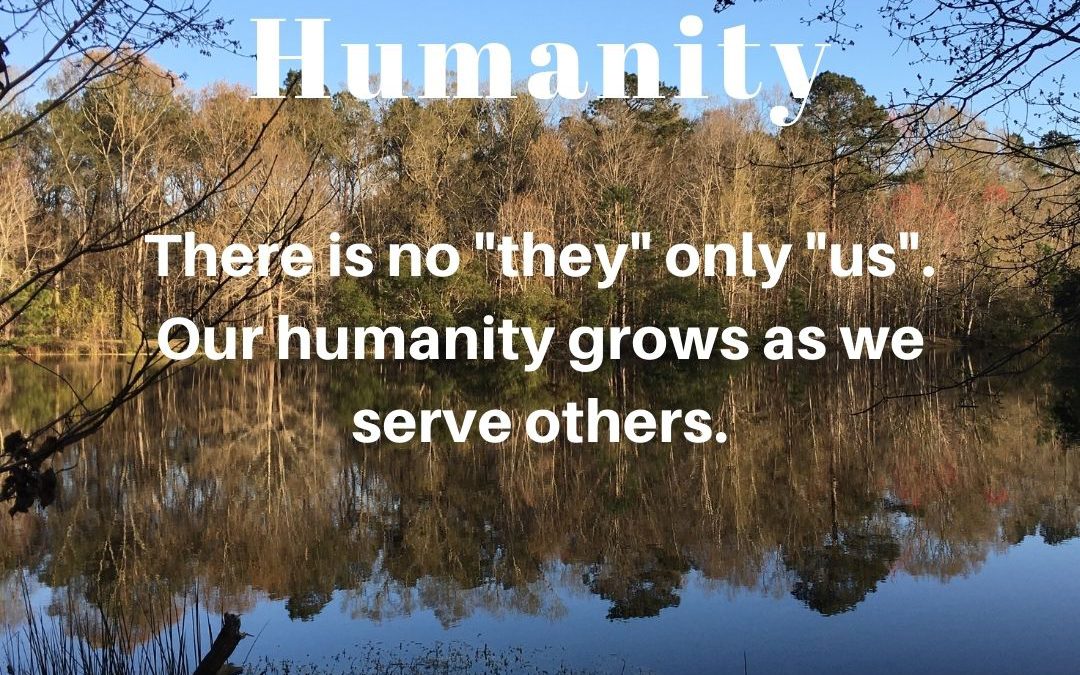
Sacrifice
Description
Sacrifice is the noble art of giving up something valued to honor something greater. It embodies the courage to prioritize love, purpose, and passion over personal comfort or convenience. At its core, sacrifice transforms everyday acts into sacred offerings, imbuing them with deeper meaning and significance.
This virtue is not about loss or deprivation—it is an act of love and commitment. When we sacrifice for a cause, a relationship, or a dream we deeply care about, we experience profound fulfillment. Whether we give our time, share our resources, or endure hardship, the rewards of sacrifice are immeasurable. They manifest as inner peace, strengthened bonds, and a sense of purpose that enriches our lives far beyond material gain.
Sacrifice reminds us that prosperity is not about what we hold onto but what we are willing to give for the sake of something meaningful. It teaches us resilience, generosity, and the beauty of investing ourselves in what truly matters. In every sweat and every wound, we discover the joy of a life lived with intention and love—a life that, in giving, becomes abundantly full.
Affirmations for Sacrifice
1. I give with an open heart, knowing my sacrifices are acts of love.
This reminds you to embrace sacrifice as an expression of care, not a burden.
2. I trust that the good I do for others will come back to me in abundance.
Helps you focus on the ripple effect of generosity, fostering optimism and purpose.
3. I release personal comfort to achieve what truly matters.
Encourages prioritizing meaningful goals over temporary ease.
4. I honor the needs of others without resentment or expectation.
Builds emotional resilience and ensures sacrifice remains selfless.
5. I am strong enough to let go of what is less important for what is greater.
Reinforces your courage and ability to discern priorities.
6. I find joy in contributing to the well-being of those I love.
Shifts your mindset to see sacrifice as fulfilling, not draining.
7. I trust the process of growth that sacrifice brings to my life.
Keeps you focused on long-term rewards over immediate gratification.
8. I offer my time and energy to support what I value most deeply.
Grounds you in intentionality, aligning actions with personal values.
9. I let go of excess to create space for abundance.
Encourages simplicity and helps you see sacrifice as a path to clarity and fulfillment.
10. I am grateful for the opportunity to give and grow through sacrifice.
Cultivates gratitude, turning sacrifice into a positive and empowering experience.
Quotes
“What we do for ourselves dies with us. What we do for others and the world remains and is immortal..” — Albert Pike
“The measure of a man’s greatness is not the number of servants he has, but the number of people he serves..” — John Hagee
“No one has greater love than this: to lay down one’s life for one’s friends.” — The Bible, John 15:13
Sacrifice In Family Life
Sacrifice in family life is the willingness to set aside personal desires or comforts for the well-being and happiness of the family as a whole. It is not about loss but about love—choosing to prioritize what truly matters: connection, growth, and shared purpose. Sacrifice means making decisions that reflect care and commitment to each other, such as spending quality time together, supporting each other’s goals, or stepping in to help even when it’s inconvenient.
For parents, sacrifice often involves giving time, energy, and resources to nurture their children’s development, creating a stable and loving environment. For children, it can mean sharing toys, helping siblings, or showing patience and understanding when plans change. These acts of selflessness teach family members that sacrifice strengthens bonds and helps everyone thrive.
When practiced with joy and intention, sacrifice becomes a way to show love, build trust, and model values. It reminds both parents and children that a family thrives not because of what each member takes but because of what they are willing to give to support one another. Sacrifice transforms the ordinary into the sacred, creating a home where love and generosity flourish.
Balancing Sacrifice
When practiced in balance, sacrifice becomes a positive force in family life, fostering love, connection, and shared purpose. However, sacrifice can lead to burnout, resentment, or a lack of self-care without balance. By cultivating complementary virtues, parents and children can ensure that sacrifice remains a joyful and healthy part of their lives.
-
-
-
Self-Care: Ensures individuals replenish their energy and well-being, enabling them to give without depleting themselves.
-
Discernment: Helps prioritize what sacrifices are truly meaningful and necessary, avoiding unnecessary self-denial.
-
Moderation: Encourages setting healthy boundaries, so sacrifice doesn’t overwhelm other aspects of life.
-
Gratitude: Fosters appreciation for sacrifices made by others, creating a culture of mutual respect and acknowledgment.
-
Justice: Promotes fairness, ensuring sacrifices are shared equitably among family members.
-
Generosity: Keeps sacrifice joyful and heartfelt, rather than burdensome or obligatory.
-
Confidence: Strengthens the ability to say no when a sacrifice is unreasonable or detrimental, preserving self-respect.
-
Patience: Allows individuals to endure challenges while maintaining a positive outlook on the long-term benefits of sacrifice.
-
Empathy: Helps family members understand each other’s needs, ensuring sacrifices are meaningful and supportive.
-
Faith: Provides trust in the greater purpose of sacrifice, instilling hope and resilience during tough times.
-
-
Balancing sacrifice with complementary virtues ensures it remains a positive and enriching practice in family life. This balance protects against overextending oneself while encouraging meaningful contributions to the well-being of loved ones. By fostering this harmony, parents and children can cultivate a family dynamic that is both loving and sustainable, where giving and receiving are equally valued.
Joe is a husband, father, grandfather, author, speaker, educator, course creator, and parent/family coach.
He helps parents develop unity, find clarity, communicate, and develop consistency in their parenting with the Four C’s of Successful Families. You can find his work on social media.
In addition, the Four C’s newsletter is enjoyed by many as it encourages parents to self-care, build their relationships with their partners, and raise their children.
And he loves to golf!





